All Australian visas have what they call a “character requirement”, which means all visa applicants from Philippines to Australia need to pass “the character test”.
Migration, like all specialist areas, has its own language. Lots of acronyms, and lots of expressions that only the in-crowd fully understand. What it means to you is that any criminal behaviour and records of the visa applicant (as well as partner visa sponsor) will come to light. Police Clearances (penal clearances) will be needed, and they will need to consider if the applicant is the right sort of person to enter Australia.
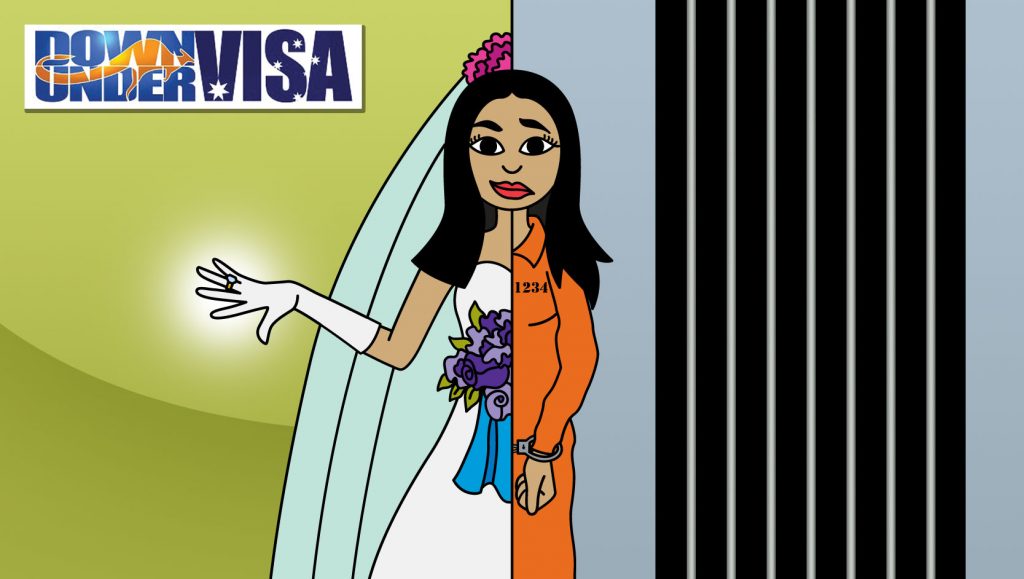
The Character Test
A visa applicant can fail the character test and will be refused an Australia visa if they do. I can summarise the character test and reasons for failure as follows:
- because the person has a substantial criminal record
- because the person has been associated with persons suspected of engaging in criminal conduct
- because the Minister is satisfied the person is not of good character due to their past and present criminal or general conduct
The issue is about protecting the Australian public by preventing people with questionable character from entering Australia and especially to settle in Australia. The full details are in Section 501 of the Migration Act, which I won’t bore anyone with.
Oh, and I’ll say it before anyone else says it. Yes, we know that when Australia was first settled it was compulsory to fail the character test! But things have changed a fair bit since then. Basically, they want what the Australian public wants. They want to keep out anybody who is a potential danger to the Australian public.
Substantial Criminal Record
It means in simple terms that the person was not only convicted of a crime but they were sentenced to 12 months or more imprisonment. They may have also been sentenced to death.
Now, they could have meant 2 or more terms which total 12 months or more. It could also mean a suspended sentence. But it does not include good behaviour bonds or restraining orders.
Association with criminals
This could apply to someone who is associated with a group or organisation which has been involved in criminal activity, eg biker gang or some form of organised crime.
Other reasons
They can refuse people for things like people-smuggling, crimes against humanity, war crimes, terrorist activity, etc.
So the point is they need to ensure that any visa applicant is of acceptable character otherwise Australia will deny them a visa. And it’s reasonably fair. If someone shoplifts and gets a fine, or if someone gets into a fight in a pub and punches someone who possibly deserved it and gets 3 months in jail, really no issue. Getting a good-behaviour bond for having a bit of marijuana on them? Drink driving? Not enough to deny someone entry to Australia. But those convicted of serious crimes that had them locked up for long periods, or members of the mafia, or terrorists from ISIS, no they won’t get in.
Australian Sponsors – Character Test?
We’ve covered this in-depth in other BLOG articles, some of you may recall. So I won’t go over it now. I’ll just say that they are looking for men with substantial criminal records for violent crimes and sexual crimes which could put a vulnerable visa-holder in danger. Not interested in dope convictions, white collar crime, etc. The issue with sponsors is keeping the visa holder safe from potentially dangerous men, which is perfectly reasonable.
Police Clearance – aka Penal Clearance
Australian Tourist Visa applications don’t normally require police clearances. Partner Visa applications do. And they require them for adult visa applicants as well as secondary applicants (ie included children) 16 and over.
And they will require them for all countries where the Filipina visa applicant or Australian sponsor has lived for 12 months or more. And that means accumulative time. If you went to Thailand for 2 weeks, and over the years you had done this 26 times then you’ve spent a total of 52 weeks (1 year) inside Thailand, so you will need a police clearance from there.
And yes, this is the main reason why they want to know address and travel history over the last number of years. They use this to calculate whether you need a police clearance from a particular country or not. And we use this when we check your e-Assess Questionnaires whether we need to advise you to get one organised.
Basic Police Clearances
So you will need at least one police clearance. A Filipino will need one from the NBI, known locally very well as an NBI Clearance. NBI = National Bureau of Investigation. It’s much like the AFP (Australian Federal Police).
And for an Australian Sponsor, at the very least you will need a penal clearance from the AFP, known as a National Police Clearance (AFP). (I did warn you all about acronyms and in-house language, didn’t I?).
Other Countries – Other Police Clearances
As already explained, if either visa sponsor or visa applicant has spent more than 12 months in any country, they want to make sure you didn’t have a life of crime when you were there. So a penal clearance will be required of you based on your travels and the accumulated time you’ve spent there over the years.
Note that we will guide you with what you need and when you need it. Definitely not scary, unless you were an armed robber when you were working in Dubai.
Things to know about police clearances
They expire: So no value in submitting them too early, and no value I sending us old ones.
They are often specific: Clearances such as the National Police Clearance from the AFP, they have a special one for immigration purposes. So submitting the one you received from the AFP for working with kids? No use at all.
Some require a letter of request: Yes, quite a few countries will only issue them when there is a specific request from the Department for a police clearance from that particular country, and they won’t issue without that request. And that will happen:
- When the application has been already lodged, and;
- When they are good and ready. Don’t ask us to hurry up the request!
Some may be impossible to get: Some countries may not issue clearances at all (eg Saudi Arabia), and others (like Malaysia) won’t issue them to those who were only there on tourist visas. Others may only issue them when applied-for in person in that country (eg PR of China). If you can’t get one, don’t panic. They do understand this.
Some require fingerprints: If this is the case, wait for our guidance. This can be a bit of a pain inside Australia, but you need to persist. Inside Philippines it’s rarely a problem.
Some deliver them directly to the Embassy or Department: This is the case with Hong Kong and Singapore.
And NBI Clearances are easier to get from inside Philippines: Yes, they can be organised from inside Australia, but it’s a bit complicated. And no, we cannot organise NBI Clearances for you sorry.
Most importantly, we at Down Under Visa know what we’re doing here. Please follow our instructions, and be cooperative despite delays and hoops you need to jump through. It’s all about protecting Australia, so not a waste of time.




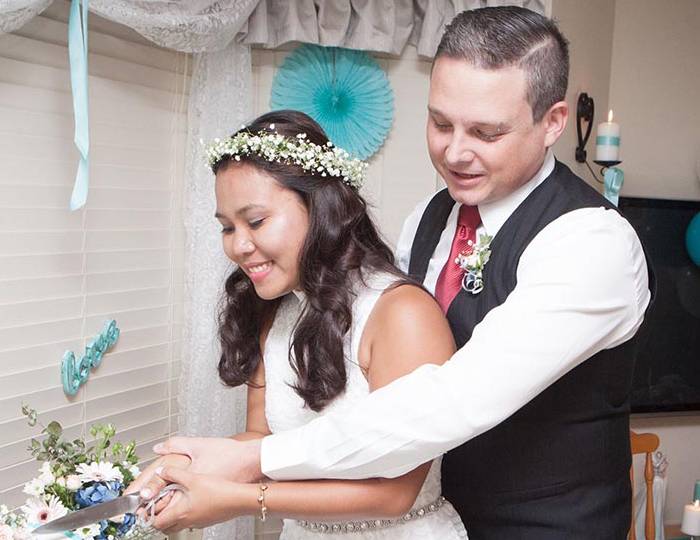
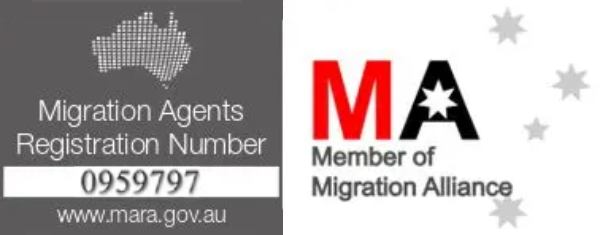
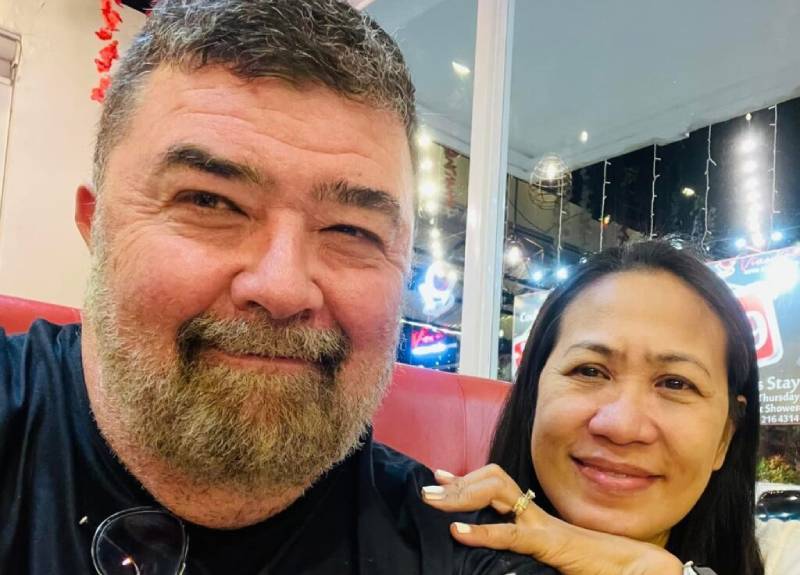



 ALL written content on this site is written by Jeff Harvie RMA. Not by "Content Creators". Not by marketing specialists. And definitely NOT by AI. The same applies to assessments and responses to emails. Visa advice always provided by Jeff Harvie RMA. Be assured we take our dealings with you seriously and professionally.
ALL written content on this site is written by Jeff Harvie RMA. Not by "Content Creators". Not by marketing specialists. And definitely NOT by AI. The same applies to assessments and responses to emails. Visa advice always provided by Jeff Harvie RMA. Be assured we take our dealings with you seriously and professionally.
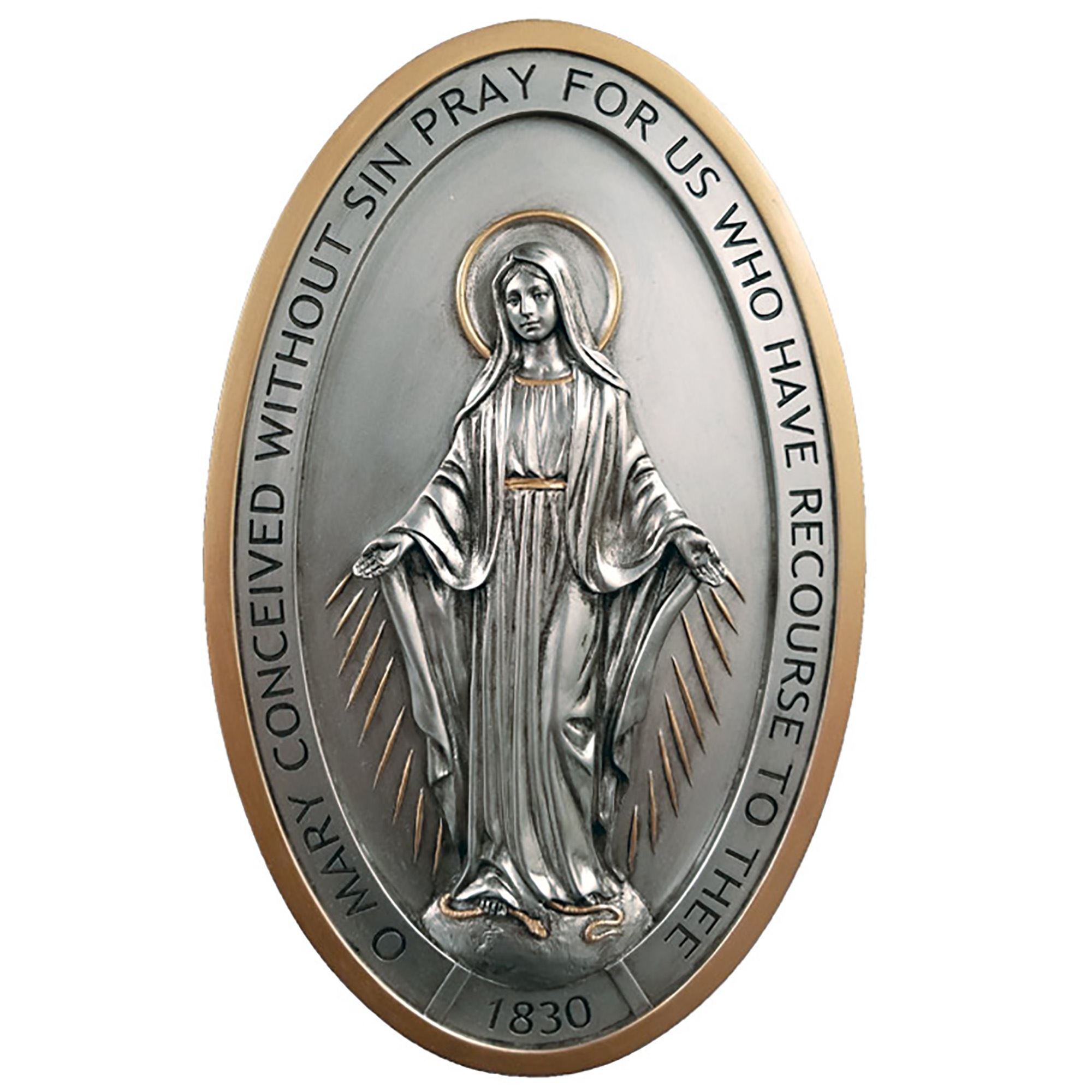

Your blogs keep me informed and educate us so we know what to expect.
Thank you Geoff
Glad I helped, Ray. Cheers.
Hi there,
I applied for partnership visa on 2019 and still waiting to get the first step of visa(820). I sent my police clearance from Australia and my country which were clean. But during waiting for my visa, in last 6 months, I am finding guilty but not conviction for fraud with insurance company. I want to know is this problem gonna effect the result of my visa?
Notably, I have never had any conviction in my life before that.
Thank you
Brash
I don’t imagine there would be a problem. If there is no conviction, even a new police clearance won’t show it. But realise that this is just a response to a BLOG article, and NOT specific professional advice about your case.